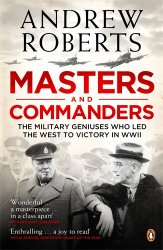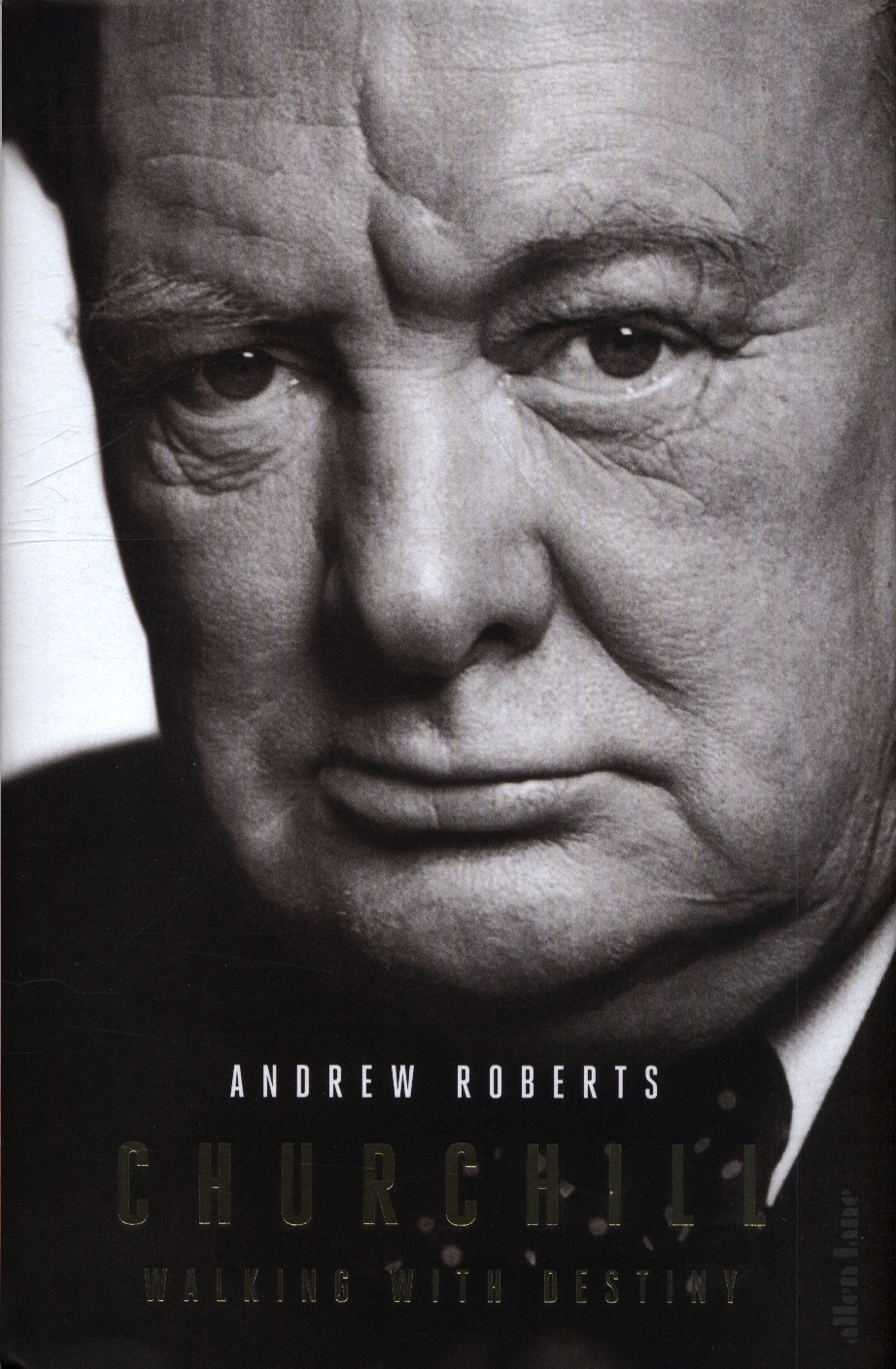

Hauntingly, such was his long shadow of influence, Churchill would often predict that he would die on the same day as his father – and later did just that, having greatly exceeded his old man’s achievements. Certain that he too would die young (he would live to be 90) and that he had no time to waste, Churchill found motivation in his father’s death, and an urgency that remained part of his character thereafter.


Lord Randolph’s political decline and early death were both lessons Winston took to heart, especially when deciding to follow in his father’s political footsteps. Everything in his early life thereafter was in search of impressing his father, even down to joining the army. Young Winston was packed off to public school, where he failed to distinguish himself. His father, Lord Randolph Churchill, was aloof and more concerned with his political career. His mother, an American socialite, had surprisingly few maternal instincts. Roberts traces his self-sufficiency to his formative years. It was different for Winston Churchill, who was born into affluence (at Blenheim Palace, no less) in 1874. If recent years of political turmoil in the UK have taught us anything, it’s that Prime Ministers come and go, often when they are overtaken by events, and not all of them are effectual or likely to live on in history, let alone in the nation’s psyche.

The book’s recent publication coincides with the renewed interest in Churchill thanks to Gary Oldman’s cinematic portrayal in The Darkest Hour, and the 75th anniversary of VE Day, when Churchill had addressed a weary but celebratory nation from the balcony of Buckingham Palace, alongside the Queen. Roberts answers this reasonable reservation by delivering a majestic literary achievement that is likely to greatly increase readers’ appreciation of Churchill’s character and legacy. The question may be if we needed any further commentary on the UK’s greatest wartime leader and best-loved historical figures. Churchill himself was a prolific writer, publishing millions of words, often about his endeavours, during his lifetime. There have been roughly one thousand biographies of Winston Churchill – that’s about one for every page of Andrew Roberts’ extraordinary single-volume doorstopper.


 0 kommentar(er)
0 kommentar(er)
